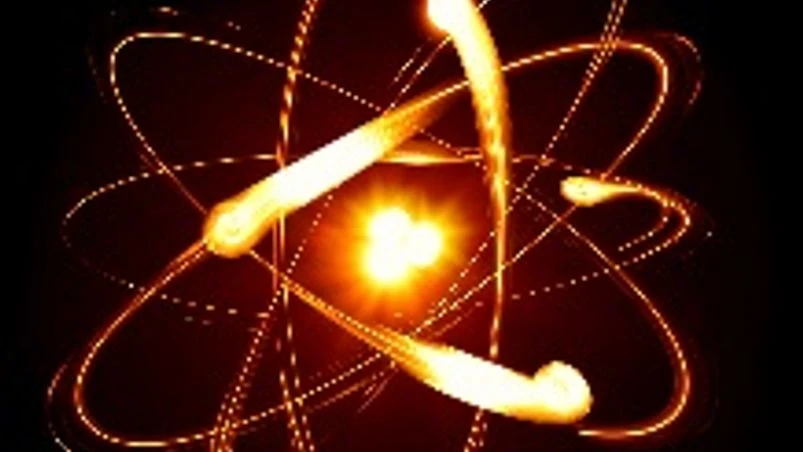"Lifting of sanctions to give boost to Iranian oil exports"
The deal will also potentially help the country to further its science and technological progress, especially in areas like nanotechnology
Arun Kumar SampathkumarLawrence Surendra B2B Connect | Mumbai
)
The current offer will delay but eventually confirm Iran’s future nuclear weapon capability as the deal allows Iran to use enhanced nuclear purification methods after the time period of 10 years (tentative). The usage of sanctions and embargos, and a potential indication of applying military force will further push the Iran administration to move further with the nuclear weapons program owing to their perception of threat from their regional neighbours backed by the US.
A suitable way for settling the issue will be to build a Middle-Eastern Collaborative Nuclear Initiative where the regional members can collectively establish, build, test and evolve their civilian nuclear capabilities with a clear point of visibility to the International Atomic Energy Agency. This way, nuclear technology reaches everyone without the risk of its military application at an affordable cost to the participating members. Such an initiative will ensure regional and international nuclear-peace through collective transparency. Restricting one country from evolving its capabilities over alleged reports and enhanced regional military capabilities, and thereby alienating the suspect-country will only render the situation volatile in the long run.
Also Read
In search of better international peace, democracy and stronger international community, a nation cannot be kept out of the global economy for too long. The deal will also potentially help the country to further its science and technological progress, especially in areas like nanotechnology. The lifting of sanctions can give an unprecedented boost to Iranian oil exports over the years; however, it is not expected to make any significant impact in the short run and there is a close ‘wait and watch’ until June 2015 when the final deal is made.
__________________________________________________________________________________________________________
Arun Kumar Sampathkumar is the research analyst (aerospace & defense practice), Frost & Sullivan
Lawrence Surendra is the consultant, Frost & Sullivan and chairman and professor at The Sustainability Platform
More From This Section
Don't miss the most important news and views of the day. Get them on our Telegram channel
First Published: Apr 07 2015 | 3:38 PM IST

